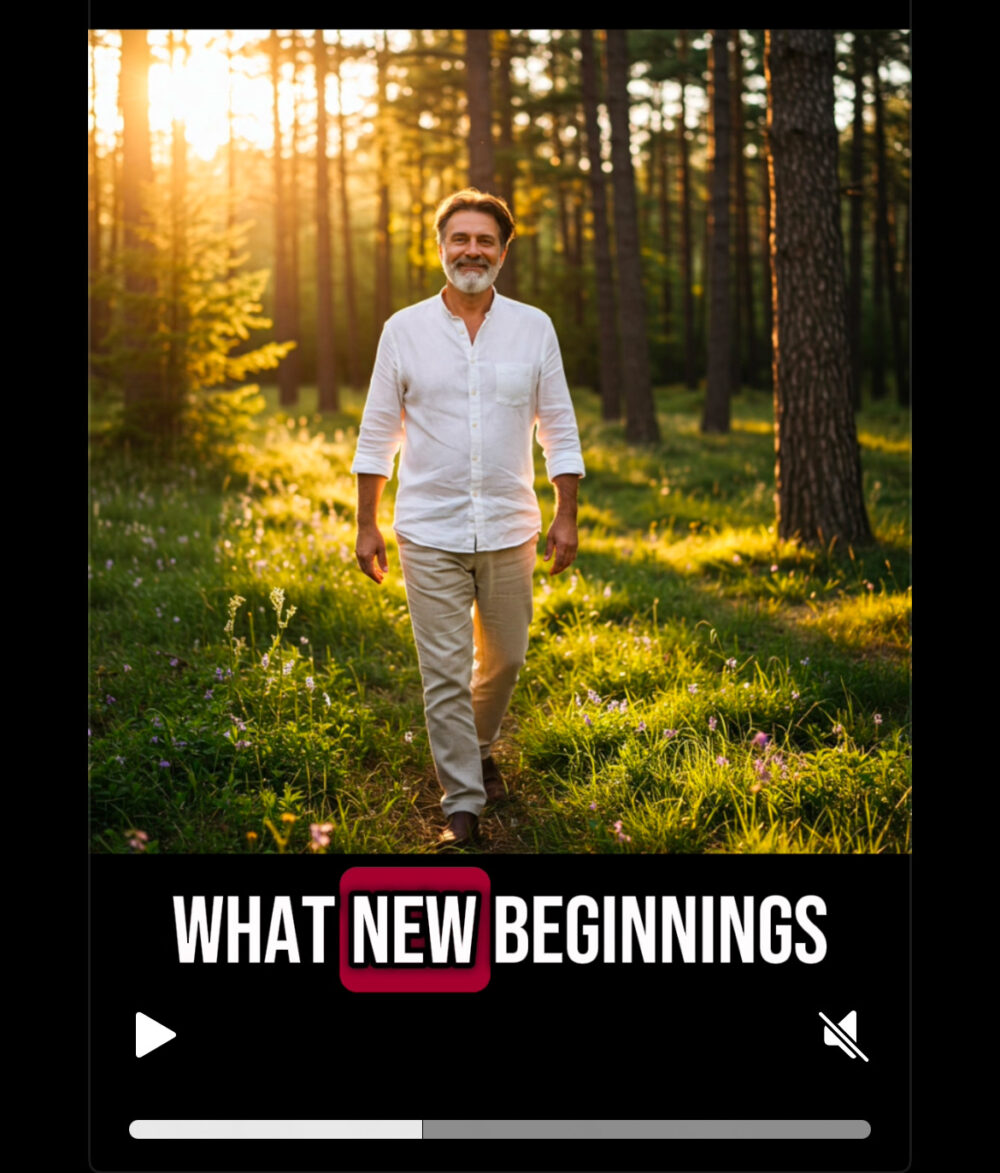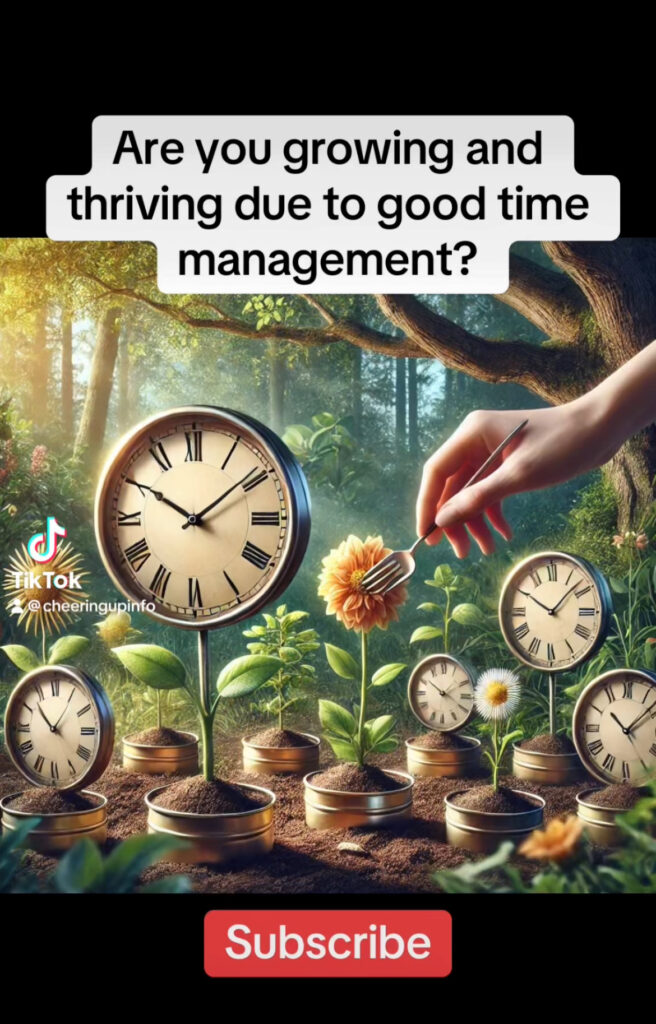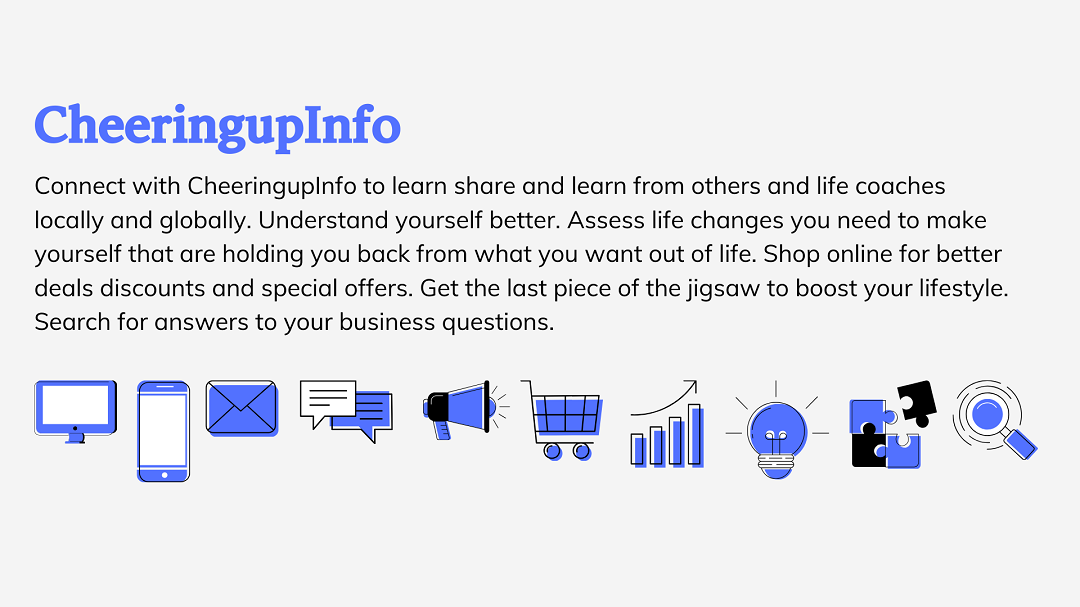Shadow and Light: The Solar Eclipse, Self-Discovery, and the Art of Reinvention
Darkness. A sudden, almost surreal, dimming of the midday sun. It’s a spectacle, a cosmic ballet that captivates. But what if this celestial event, the solar eclipse, could be more than just a fleeting moment of awe? What if it could serve as a catalyst for profound personal transformation? 87% of people report feeling a sense of awe during natural phenomena. Awe, that’s what we’re talking about! It’s not just a feeling, it’s a gateway to deeper understanding. We’re going to explore how the upcoming solar eclipse in the UK can be a powerful tool for self-discovery and reinvention. Forget the clichés about ‘finding yourself.’ This is about actively creating the self you desire. We’ll delve into practical exercises, mindfulness techniques, and actionable steps to harness this unique energy. You’ll learn how to use the eclipse as a mirror, reflecting back your deepest desires and fears. We’ll examine how to shed old patterns and embrace new beginnings. This isn’t just about watching the sky; it’s about transforming your life.
The Eclipse: A Cosmic Reset
The solar eclipse, a moment when the moon aligns perfectly between the sun and Earth, casting a shadow across our world, is a powerful symbol. It’s a moment of pause, a brief interruption in the familiar rhythm of our days. In the UK, the upcoming eclipse offers a unique opportunity for introspection. We’re not just passive observers. We’re participants in a cosmic dance.
Astronomically, it’s a stunning event. The precise mechanics, the interplay of celestial bodies, are a testament to the intricate workings of the universe. But beyond the science, there’s a deeper resonance. The darkness that descends, however briefly, can trigger a sense of vulnerability, a confrontation with our own inner shadows. This is where the potential for self-discovery lies.
Historically, eclipses have been imbued with meaning. Ancient cultures often viewed them as omens, moments of divine intervention. While we may no longer interpret them through the lens of mythology, the sense of awe and wonder remains. This awe is important. It cracks open our everyday perceptions. It makes room for new perspectives.
Consider the metaphor: the sun, our source of light and energy, is temporarily obscured. What aspects of our lives, our inner selves, are we allowing to be obscured? What shadows are we ignoring? The eclipse provides a chance to confront these shadows, to bring them into the light.
Actionable Insight:
- Mindful Observation: Before, during, and after the eclipse, practice mindful observation. Note your thoughts, feelings, and physical sensations. Keep a journal.
- Reflective Questions: Ask yourself: What areas of my life feel overshadowed? What am I ready to release? What new beginnings am I seeking?
The Journey Inward: Self-Discovery and Introspection
Self-discovery is not a destination; it’s a journey. It’s an ongoing process of exploration, of peeling back layers to reveal our true selves. The eclipse, with its symbolic darkness, can be a powerful catalyst for this journey.
We often live on autopilot, driven by external expectations and societal pressures. We lose touch with our inner compass, our authentic selves. The eclipse invites us to pause, to disconnect from the noise, and to listen to our inner voice.
This process can be uncomfortable. Confronting our shadows, acknowledging our fears and insecurities, requires courage. But it’s in this discomfort that growth occurs. It’s where we discover our resilience, our strength.
Actionable Insight:
- Shadow Work: Engage in shadow work. This involves identifying and acknowledging the parts of ourselves we tend to suppress or deny. Journal about your fears, insecurities, and past traumas.
- Values Clarification: Identify your core values. What truly matters to you? What principles guide your decisions? Aligning your life with your values is essential for authentic living.
- Inner Child Work: Connect with your inner child. What were your childhood dreams and aspirations? What unmet needs still linger? Nurturing your inner child can lead to profound healing.
The Art of Reinvention: Embracing Change
Reinvention is not about discarding your past; it’s about integrating it into a new, more authentic version of yourself. It’s about consciously choosing who you want to be and how you want to live.
The eclipse, with its symbolism of transformation, can inspire us to embrace change. It reminds us that darkness is temporary, that light always returns. We have the power to create our own light, to shape our own destinies.
This process requires courage, resilience, and a willingness to step outside our comfort zones. It involves letting go of old patterns, beliefs, and behaviors that no longer serve us.
Actionable Insight:
- Vision Boarding: Create a vision board that represents your desired future. Include images, words, and symbols that inspire you.
- Goal Setting: Set clear, specific, measurable, achievable, relevant, and time-bound (SMART) goals. Break them down into smaller, manageable steps.
- Affirmations: Use positive affirmations to reprogramme your subconscious mind. Repeat them daily, with conviction.
The Power of Affirmations: Rewiring Your Mind
Affirmations are powerful tools for self-reinvention. They are positive statements that can help us shift our mindset, overcome limiting beliefs, and attract positive experiences into our lives.
The eclipse, with its energy of transformation, can amplify the power of affirmations. Using affirmations during this time can help us align with our desired outcomes.
Affirmations:
- Everything always works out for me in the end.
- The universe supports me in every way.
- I trust that life is unfolding perfectly for me.
- Good things are always coming my way.
- Every challenge leads to a greater blessing solutions.
- New opportunities to improve my life find me effortlessly.
- My life flows with ease and grace.
- The best outcomes always manifest for me.
- I attract positive experiences into my life.
- My journey is divine guided and supported.
- I am always in the right place at the right time.
- My life is filled with abundance and joy.
- Everything comes to me with perfect timing.
- I am surrounded by love and I like the process of life completely.
- The universe always provides for my highest good life and living.
- Everything I desire is making its way to me.
- I am aligned with the energy of my success.
Actionable Insight:
- Create Personalised Affirmations: Tailor affirmations to your specific goals and desires.
- Repeat Affirmations Daily: Repeat your affirmations multiple times a day, especially during the eclipse.
- Visualise Your Affirmations: Visualise your affirmations as if they are already true.
Harnessing the Eclipse Energy: Practical Exercises
The eclipse provides a unique opportunity to harness cosmic energy for personal transformation. Here are some practical exercises to help you make the most of this powerful time:
- Eclipse Meditation: During the eclipse, find a quiet space and meditate. Focus on your breath and visualise releasing old patterns and embracing new beginnings.
- Eclipse Journaling: After the eclipse, journal about your experiences, insights, and intentions.
- Eclipse Ritual: Create a personal ritual to symbolise your transformation. This could involve lighting candles, burning sage, or writing down your intentions and releasing them to the universe.
- Nature Connection: Spend time in nature during the eclipse. Connect with the earth and the sky.
The Role of Mindfulness: Staying Present
Mindfulness is the practice of being fully present in the moment, without judgment. It’s a powerful tool for self-discovery and reinvention.
The eclipse, with its emphasis on introspection, can serve as a reminder to cultivate mindfulness in our daily lives. By staying present, we can become more aware of our thoughts, feelings, and sensations.
Actionable Insight:
- Daily Mindfulness Practice: Set aside time each day for mindfulness meditation.
- Mindful Awareness: Bring mindful awareness to your daily activities, such as eating, walking, and talking.
- Observe Your Thoughts: Observe your thoughts without judgment. Let them pass like clouds in the sky.
Creating a Supportive Environment: Nurturing Your Growth
Our environment plays a significant role in our personal growth and transformation. Surround yourself with positive influences, supportive relationships, and inspiring experiences.
The eclipse, with its emphasis on new beginnings, can inspire us to create a more supportive environment for ourselves.
Actionable Insight:
- Cultivate Positive Relationships: Spend time with people who uplift and inspire you.
- Create a Sacred Space: Designate a space in your home for meditation, journaling, and reflection.
- Limit Exposure to Negativity: Minimise your exposure to negative news, social media, and toxic relationships.
Embracing Imperfection: The Beauty of the Journey
Self-discovery and reinvention are not linear processes. There will be setbacks, challenges, and moments of doubt. Embrace these imperfections as part of the journey.
The eclipse, with its symbolism of darkness and light, reminds us that life is a cycle of ups and downs. It’s in the darkness that we discover our strength and resilience.
Actionable Insight:
- Practice Self-Compassion: Treat yourself with kindness and understanding.
- Learn from Mistakes: View mistakes as opportunities for growth and learning.
- Celebrate Small Victories: Acknowledge and celebrate your progress, no matter how small.
Integrating the Eclipse Experience: Sustaining Transformation
The eclipse is a catalyst, a starting point. The real work begins after the event. Integrate the insights and intentions you gained during the eclipse into your daily life.
Actionable Insight:
- Develop a Daily Routine: Create a daily routine that supports your goals and values.
- Seek Ongoing Support: Find a mentor, coach, or support group to help you stay on track.
- Review and Revise: Regularly review your goals and intentions, and revise them as needed.
The Future: A Brighter Horizon
The solar eclipse in the UK is more than just a celestial event; it’s an opportunity for profound personal transformation. By embracing self-discovery, reinvention, and the power of affirmations, we can create a brighter future for ourselves and the world around us.
Remember, the darkness is temporary. The light always returns. And within each of us lies the power to create our own light, to shape our own destinies. Embrace the journey. Embrace the change. Embrace the light.
Conclusion:
The eclipse passes. The shadow retreats. The light returns. But you, you are changed. The questions you asked, the reflections you made, the affirmations you spoke, these stay with you. They become a part of your new foundation. A foundation built on self-awareness, on intention, on the unwavering belief that you are capable of creating the life you desire. The eclipse was a moment. Your life, however, is a continuous unfolding. Embrace it. Live it. Make it yours.
Join our Retirement Club
Get help to protect and grow your business faster in UK
Find out more about Lifestyle Improvement Club Corporate Membership
Subscribe for more retirement lifestyle improvement tips reviews and money saving ideas
Read more retirement lifestyle improvement articles and view videos for free
Read more lifestyle improvement articles and view videos:
- How to use solar eclipse in UK for personal self-discovery and life reinvention
- Practical exercises for self-reinvention during solar eclipse UK mindfulness and affirmations
- Solar eclipse UK transform life through shadow work and positive affirmation rituals
- Step by step guide to using solar eclipse for inner child healing and value clarification in UK
reach and targeted engagement:
- #SolarEclipseUK
- #SelfDiscoveryJourney
- #LifeReinvention
- #MindfulEclipse
- #AffirmYourLife
- #CheeringUpInfo
- #CheeringUpTV
- #RetirementTV
- #RetirementMagazine
- #Over55s
How to maintain self-reinvention after solar eclipse UK with daily mindfulness and goal setting





















